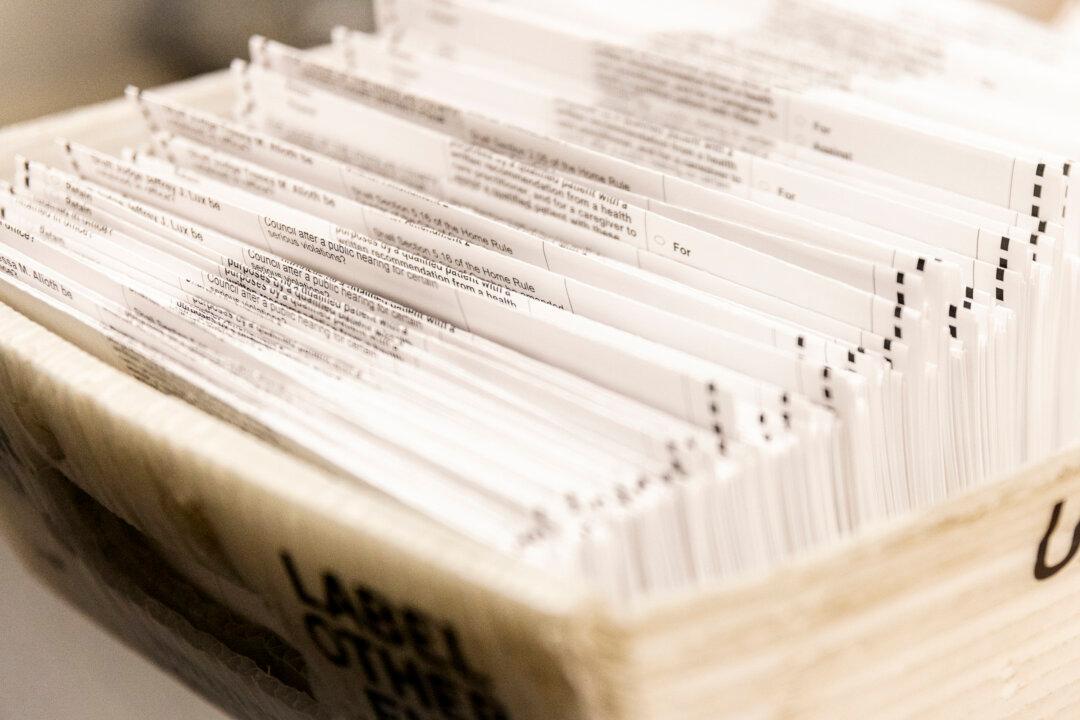Nebraska election officials must register people with felony convictions to vote, the state’s highest court has ruled.
In a decision issued on Oct. 16, the Nebraska Supreme Court ordered the state to reverse course and follow laws allowing people who have completed all terms of their felony sentences to vote, provided they also meet other eligibility criteria.





